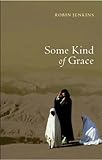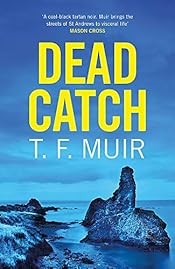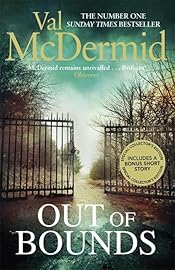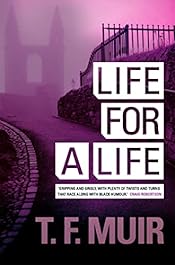Hodder and Stoughton, 1917, 317 p.

The Setons are a family living in pre-Great War Glasgow. Mr Seton is a minister given to ex tempore sermons, especially good on St Paul. The focus of the book is more on his daughter, Elizabeth, though, who has effectively been in charge of the household since her mother died.
Curiously, however, the book starts in the home of the Thomsons, who are having an at home to which Elizabeth has been invited. During the conversations we learn Mr Seton’s parish is in a poorer area of the city (later revealed to be the Gorbals) and his congregation is devoted to him, as he is to them. Thereafter we don’t see much of the Thomsons at all.
When not occupied with household matters Elizabeth makes house calls on parishioners in order to collect for the Zenana Mission.
Nothing much happens in the book apart from conversation. At one point Mr Seton says Scots are, “a mixture of hard-headedness and romance, common sense and sentiment, practicality and poetry, business and idealism.” Elizabeth adds, “We have a queer daftness in our blood. We pretend to be dour and cautious, but the fact is that at heart we are the most emotional and sentimental people on Earth.”
A man called John Jamieson opines that, of all Scotland’s historical figures, rather than Walter Scott it is Robert Burns whose words are most often in our memories, Burns whom Scots regard with most sympathy and affection. And why? Because of his humanity, his rich humour and riotous imagination. In a word, his daftness.
One character says Edinburgh’s suburbs comprise, “Rows and rows of smug, well-built houses, each with a front garden, each with a front gate, and each front gate remains closed, shut against the casual caller until you have rung a bell.” By contrast, “Glasgow doesn’t keep visitors at the gate. Glasgow is on the doorstep to welcome them in.”
Promise of plot comes when Elizabeth’s Aunt, Mr Seton’s sister, who lives in London, asks the Setons to put up her husband’s nephew, the monocled Mr Arthur Townshend, for a short visit. (The monocle is not an affectation but is required due to an eye condition.) He leaves on completion of his visit with nothing of substance having occurred.
It is then the book takes an unexpected swing into more serious areas, as it takes up again in 1917 (by which time Mr Seton has had to retire for health reasons) and of course the War is prominent in everyone’s lives, with Arthur Townshend in the Army. They are sustained by the religious sentiment, familiar from the metric version of the Twenty-third Psalm, that goodness and mercy shall follow their every step.
Pedant’s corner:- “pine-apple” (nowadays ‘pineapple’,) souffle (soufflé,) d’oyley (more commonly spelled ‘doily’,) a missing comma before a piece of direct speech, “the two Miss Hendrys” (the two Misses Hendry. On the next page we had ‘the Misses Simpson’, so why the difference?) dropp d (dropped,) dryly (nowadays ‘drily’,) Sindbad (ie the sailor; nowadays spelled Sinbad,) “good heart d (good-hearted,) clo ing (closing,) sausage-roll (sausage roll,) “a criminal about to be hung” (OK it was in dialogue but it should still be ‘hanged’,) putties (puttees.)








